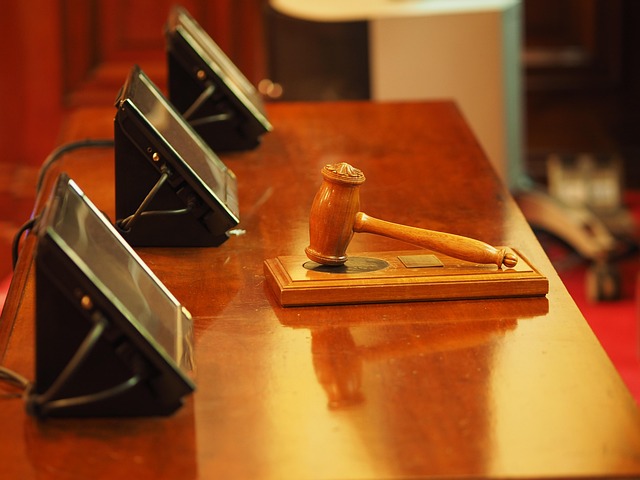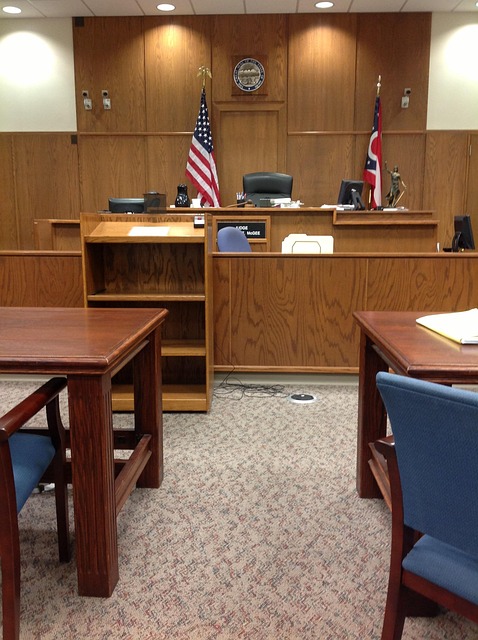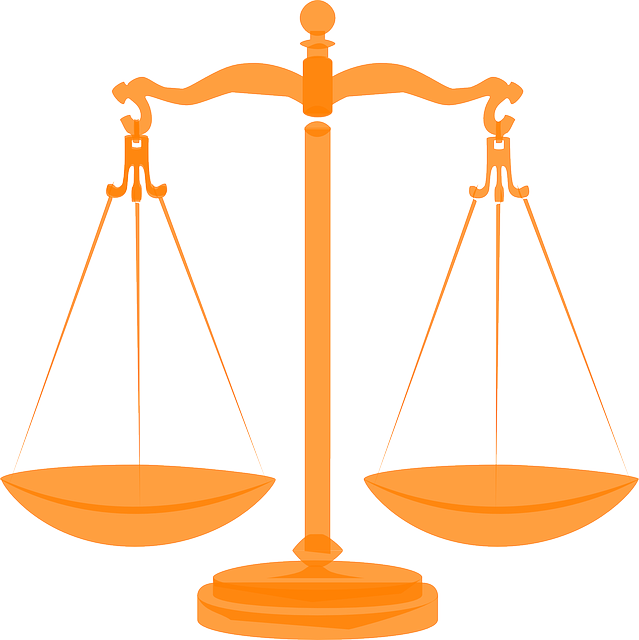RF Regulatory Agency investigations are crucial for maintaining RF standards, consumer safety, and market competitiveness. These inquiries, sparked by suspected violations like unauthorized transmissions or unsafe equipment, grant agencies extensive powers. Businesses in RF-related sectors must understand the intricacies to avoid severe legal repercussions, including fines, license revocations, and criminal charges. Proactive compliance, strategic counsel, strong internal controls, employee training, and transparent reporting are essential to navigate these complexities, ensuring operational continuity, reputational protection, and ethical business conduct while mitigating the Legal Consequences of Trademark Infringement.
“RF Regulatory Agency Investigations delve into compliance matters, ensuring adherence to strict standards. This article offers a comprehensive guide on understanding these inquiries, focusing on legal implications, especially regarding trademark infringement.
Trademark owners must be aware of their rights and the severe Legal Consequences of Trademark Infringement. We explore strategies for risk mitigation, emphasizing proactive measures to safeguard intellectual property. By navigating these investigations thoughtfully, businesses can avoid legal pitfalls and protect their brand integrity.”
- Understanding RF Regulatory Agency Investigations
- Legal Implications of Trademark Infringement
- Mitigating Risks and Consequences
Understanding RF Regulatory Agency Investigations

RF Regulatory Agency Investigations play a pivotal role in ensuring compliance with radio frequency (RF) standards and regulations. These investigations are triggered by suspected violations, ranging from unauthorized transmissions to equipment failing to meet safety thresholds. The primary goal is to protect consumers, prevent harm, and maintain a competitive yet regulated RF landscape. During these inquiries, agencies have the power to subpoena documents, inspect facilities, and demand explanations from individuals or companies involved.
Understanding the intricacies of these investigations is crucial for businesses operating in RF-related sectors. Failure to comply can lead to severe legal consequences, including substantial fines, licensing revocations, and even criminal charges. For his clients, navigating these waters requires strategic counsel to avoid indictment and jury trials. By adhering to regulations and proactively addressing potential issues, companies can safeguard their operations and maintain a strong reputation in an ever-evolving regulatory environment.
Legal Implications of Trademark Infringement

Trademark infringement can have significant legal implications, with potential consequences that extend far beyond financial losses for businesses. When a brand’s unique identifier is misused or copied by another entity, it disrupts the competitive landscape and undermines consumer trust. The RF Regulatory Agency (or any relevant authority) may investigate such cases, leading to formal complaints and legal proceedings.
If found guilty of trademark infringement, individuals or companies can face severe penalties, including monetary fines, asset seizures, and even criminal charges in certain jurisdictions. A successful prosecution could result in a complete dismissal of all charges against the defendant, but this is not guaranteed. Jury trials are another potential outcome, where the decision rests with the deliberations of a group of citizens, adding an element of uncertainty to the legal process.
Mitigating Risks and Consequences

In the realm of RF (Radio Frequency) regulatory investigations, mitigating risks is paramount to avoid severe legal consequences stemming from trademark infringement. When dealing with intellectual property rights, such as trademarks, the impact of non-compliance can reverberate through various sectors, including white collar and economic crimes. Enterprises must be proactive in navigating these complexities, employing robust internal controls and compliance programs to safeguard their brand integrity.
By fostering a culture of awareness and accountability within the philanthropic and political communities, organizations can minimize the risks associated with RF regulations. This includes meticulous documentation procedures, regular training sessions for employees, and transparent reporting mechanisms. Engaging in proactive white collar defense strategies not only helps in averting legal repercussions but also demonstrates a commitment to upholding ethical business practices.
RF Regulatory Agency investigations into trademark infringement can have significant legal consequences, highlighting the importance of understanding these processes. By mitigating risks and adopting proactive strategies, businesses can protect their intellectual property rights and avoid the adverse impacts of infringement. This includes recognizing the potential for financial losses, reputational damage, and market disruption, as well as taking steps to enhance brand protection and enforce legal remedies effectively.






